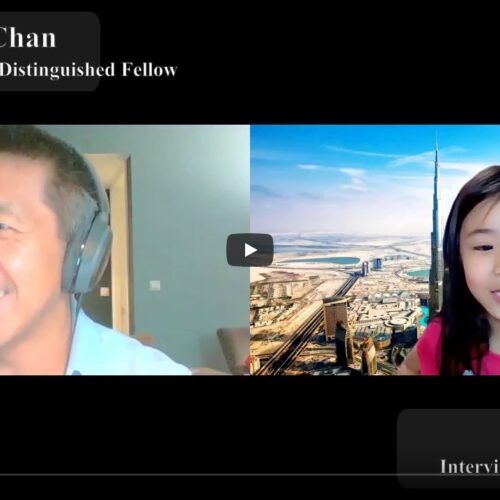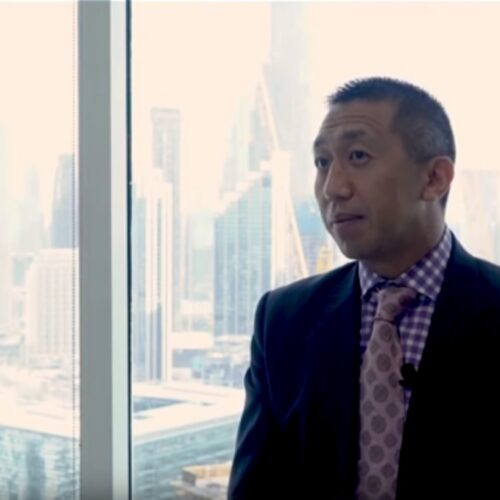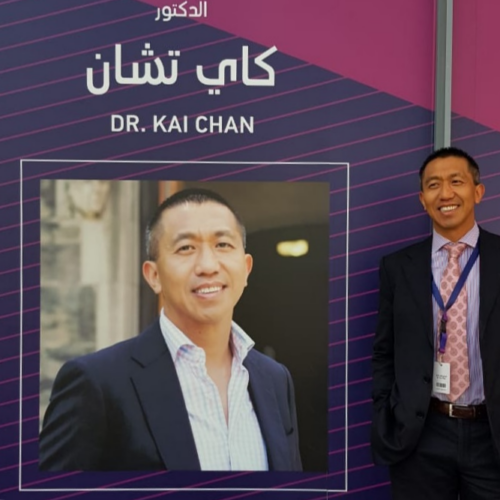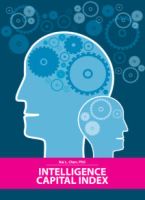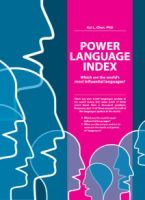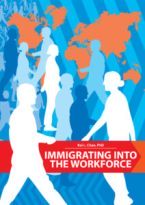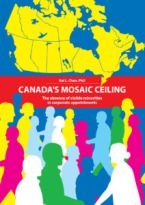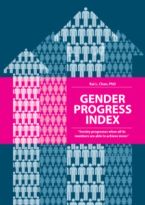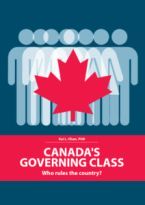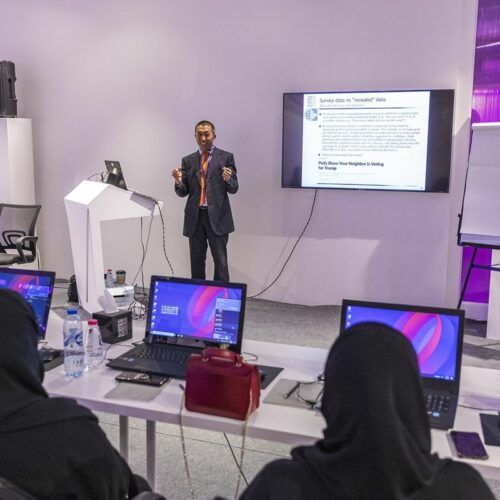
Sharjah 24: The ninth edition of the International Government Communication Forum (IGCF 2020) commenced yesterday (4 March) with specialised workshops, forums and in-depth sessions hosted by world-renowned communications professionals, providing students and amateurs a golden opportunity to learn from experts and gain first-hand knowledge. Being held at the Sharjah Expo Centre, the two-day forum is hosting expert-led sessions targeting students, journalists, photojournalists and government communication employees. The sessions sought to enhance government communication in the UAE and the Arab world and to foster communication channels among the governments and communities. Two training workshops for students titled ‘Innovation in the field of Government Communication’ by Dr Sheren Ali Mousa, Faculty Member at the College of Mass Communication, Ajman University and ‘Analysing Communication Research Data’ conducted by Dr Ahmed Farouk, Faculty Member at the Public Relations Department, College of Communication, University of Sharjah, were attended by a good number of students and communication professionals. The first workshop enabled participants to create dedicated government communication programmes and impactful government communication messages. The second workshop, ‘Analysing Communication Research Data’, introduced participants to the tools and methods of analysing data in government surveys and opinion pollsthat will provide them with the skills needed to manage…

 Creating an artificial intelligence ecosystem 29 MARCH 2021 BY JENNIFER AGUINALDO [caption id="attachment_4112" align="aligncenter" width="612"] Elevating the Middle East into an artificial intelligence hub requires policies, people and capital.[/caption] The original article can be found on MEED
Creating an artificial intelligence ecosystem 29 MARCH 2021 BY JENNIFER AGUINALDO [caption id="attachment_4112" align="aligncenter" width="612"] Elevating the Middle East into an artificial intelligence hub requires policies, people and capital.[/caption] The original article can be found on MEED 
